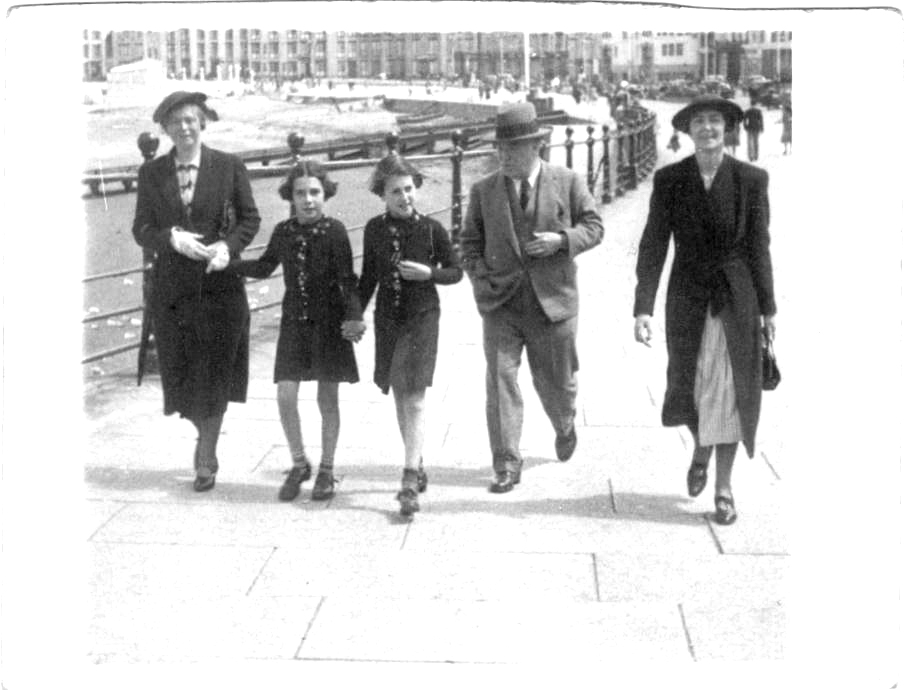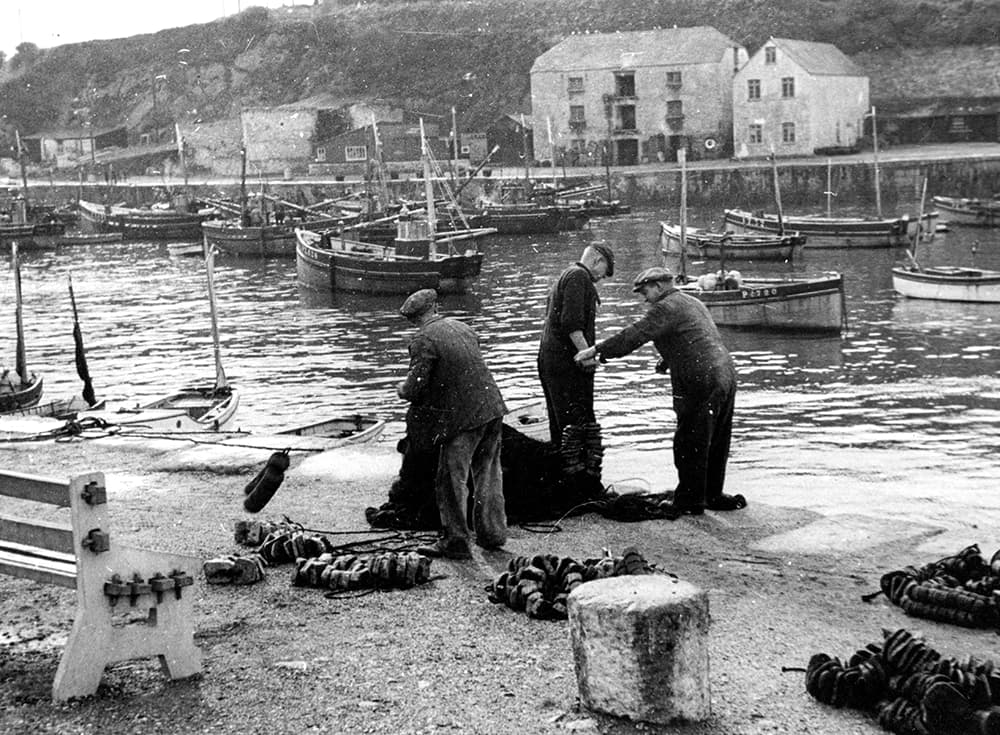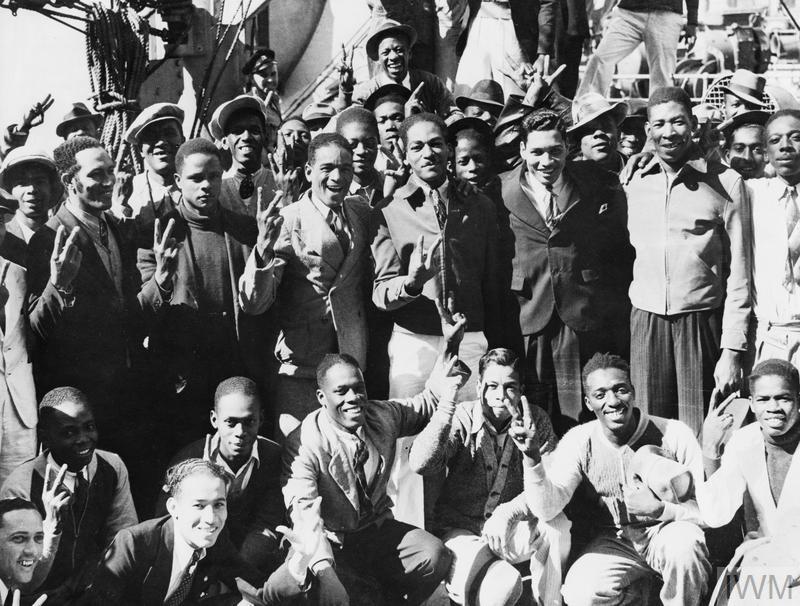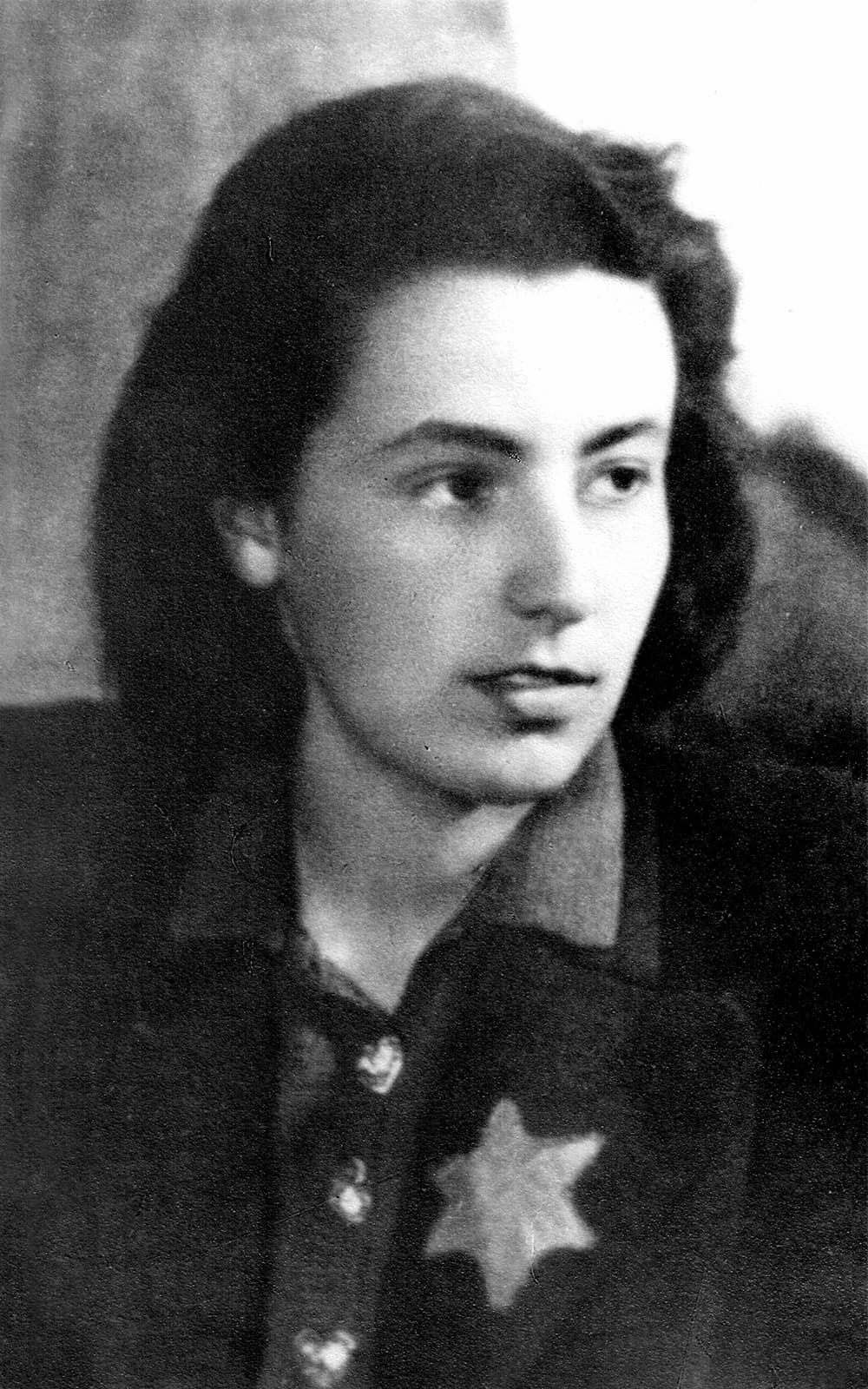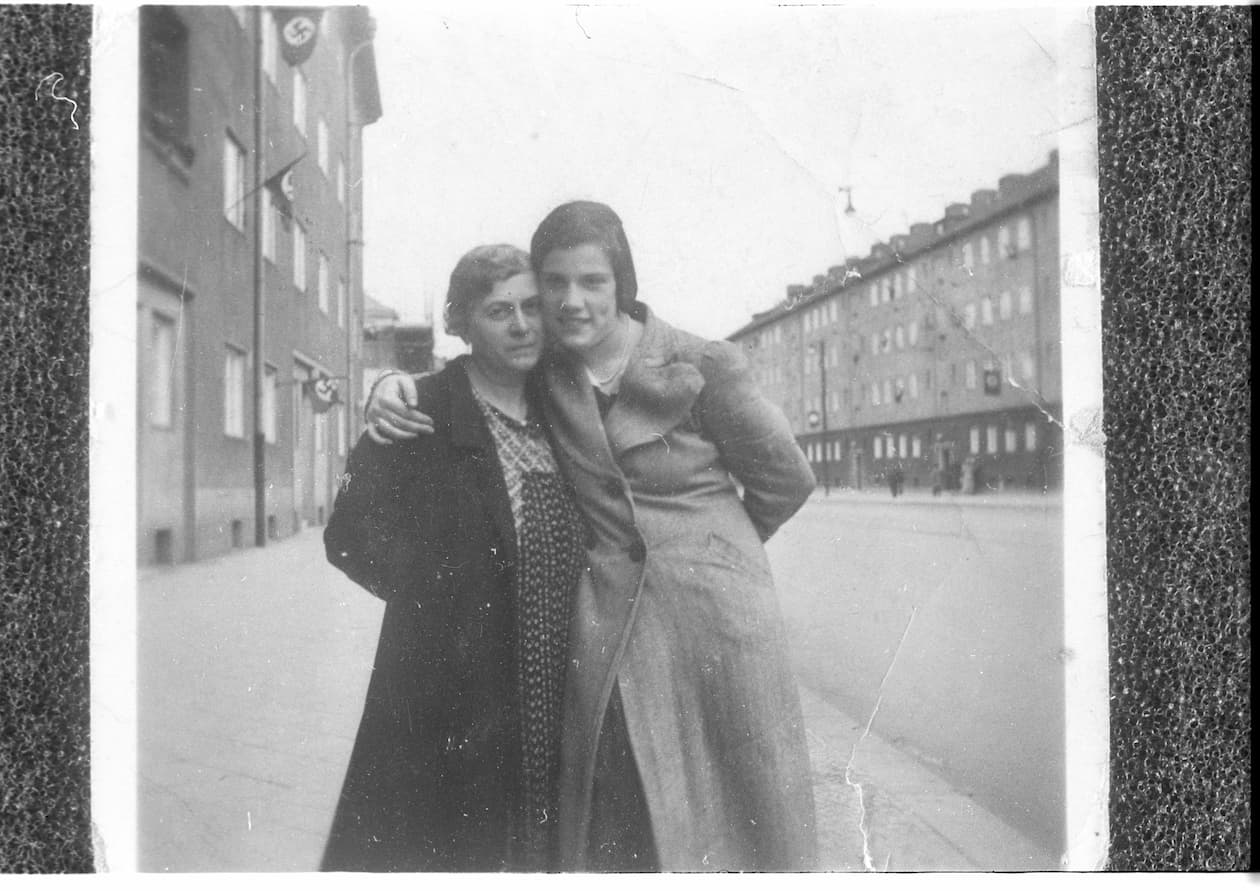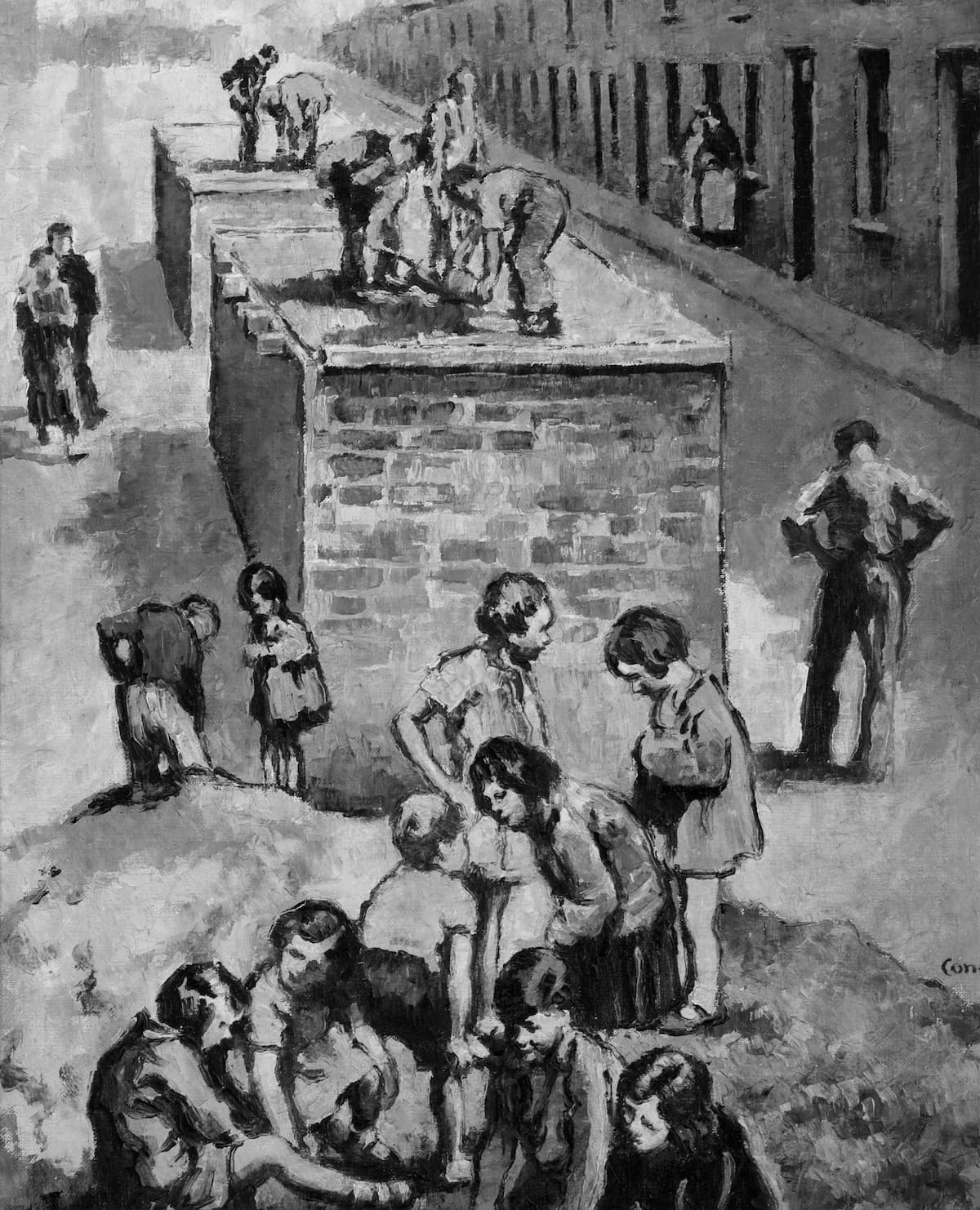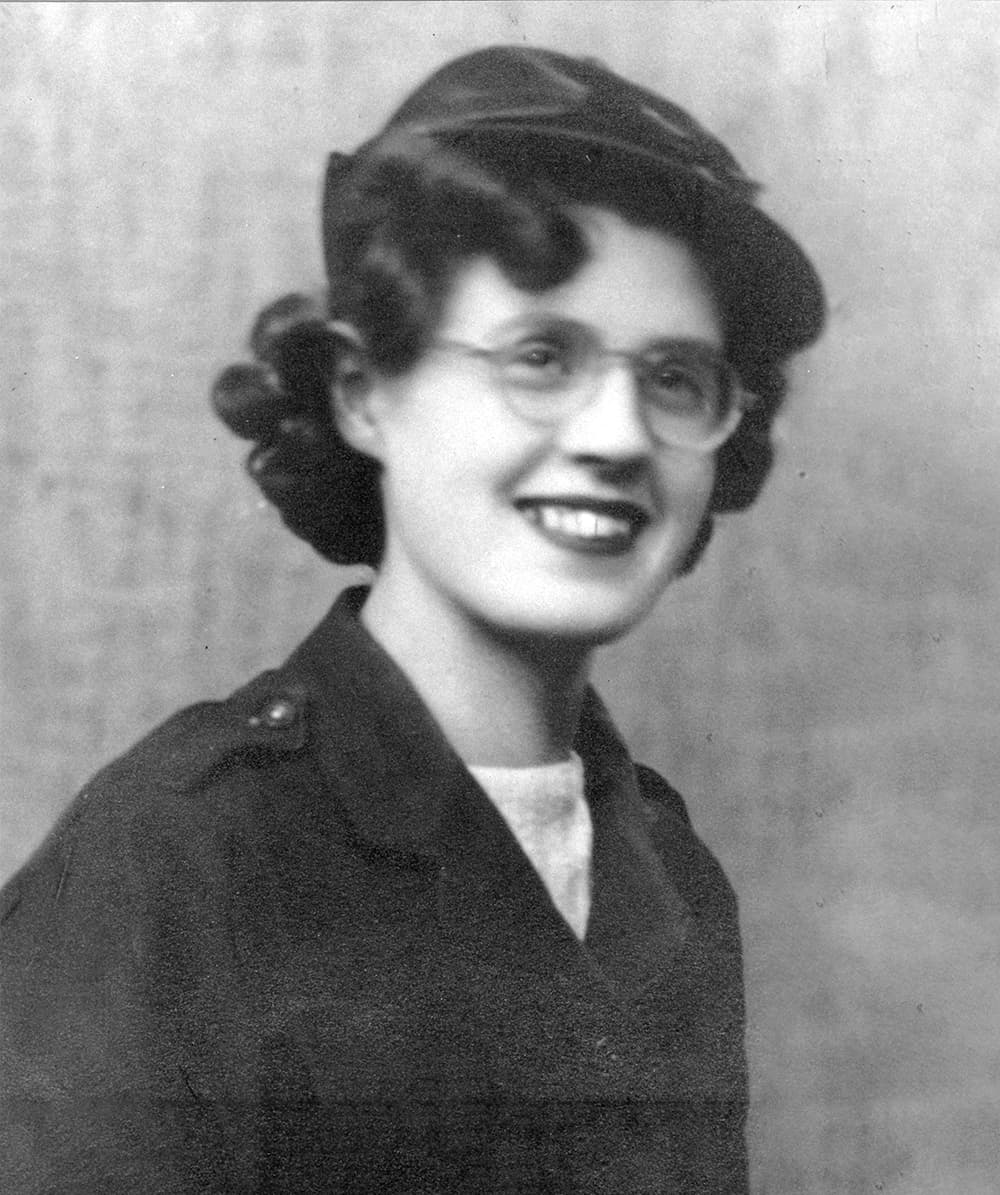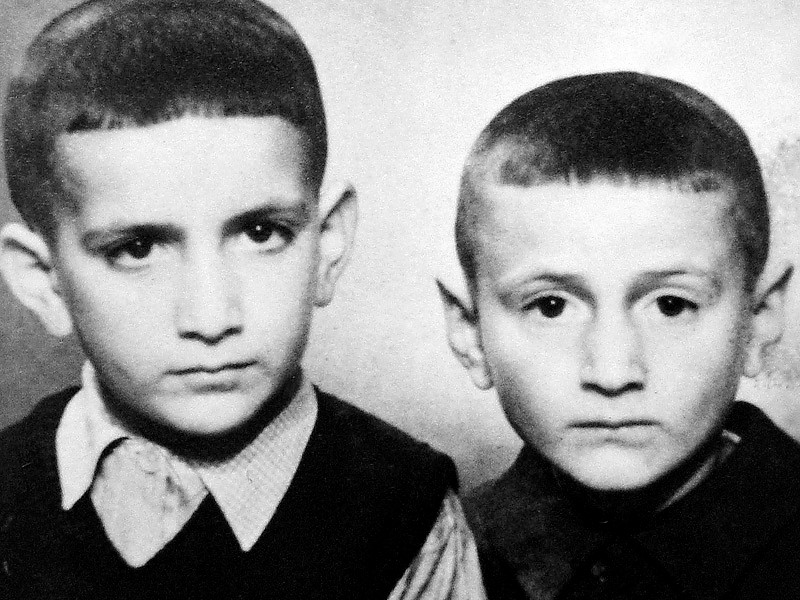
© courtesy of Simon Winston
0:00
Read the story
Where does childhood ‘go’ when a young boy experiences war and is displaced from his birthplace? In this powerful, emotive sound journey, writer Amina Atiq invites us to consider the pain and dislocation of a family torn from familiar surroundings during the Second World War. As we reflect on experiences from another time and place to our own, Atiq urges us to listen to unfamiliar stories and consider their impact on our lives today as she walks through the rose gardens of the National Holocaust Centre and Museum.
This content was created during COVID-19
I run this English garden through my hands, making memory.
Here between silent moments, I sit with Simon, a survivor.
His brother’s arm wrapped round him in love.
Their hidden childhood sculptured in one magical piece of grey and brown stone.
Sunshine seeping in their loneliness, even in the shadows there is light.
I promise to greet your brother, Joseph, before I run this garden through my hands.
A story so far apart from my own.
‘I was born in 1938 in a small town called Radzivillow, then part of Poland.’
A father carrying his son on his back across a lake to escape a ghetto, with his mother and brother.
‘Do not ask me to forget, I cannot remember everything. Do not ask me to forgive, I cannot, unless you confess and beg for forgiveness’
I run this garden of a thousand white roses through my hands
‘I dedicate my rose to my mother Batia and my father Itzchak who saved my life a thousand times in the darkest times.’
When the world ties it mouth and veils its eyes.
For the Holocaust to grow, the vultures must chase chaos.
‘Life was good until 1936.’
First an anti -Jewish ‘Putsch’
Families facing economic crisis, livelihoods stripped away.
What happens when prejudice has many faces.
‘First the Russians came, then Germany invaded Russia and German boots were heard on the stone pathways of our town. The Ukrainians shouted: ‘Our saviours have arrived.’
It burned the twinkle in the children’s eyes, swallowed their smiles.
They tried to steal their Polish memories.
The only shining star in the dark was their parent’s love.
‘Along came SS men.
Jews must wear white armbands with a blue star of David. Jews must hand in all radios. Jews must not leave town.’’
When darkness is unleashed, where does childhood go?
What happens to rainbows?
Where does a child learn to play, when their eyes witness vultures with no feelings in their bones.
Men sent to the forest, handed shovels to dig, dig.
These would be graves for their loved ones,
Then told to run home quickly, whilst helpless to the cries from behind trees.
The Torah thrown out onto the street.
‘They burnt the prayer books and the scrolls. The rabbi was forced to dance around the fire.’
Men forced to sweep the streets, dig graves.
Where does a homesick child learn to play before they can run from soldiers. When the sea is safer than the land.
If only we stopped running away from stories that belong to us - if only Britain had responded sooner.
‘The streets were surrounded with barbed wire, this became the ghetto.’
Living between ghettos of tall brick, barbed wire, drenched in blood.
learning to run before they can play.
When there is hope in small gold bars hidden behind the nails, and screws of a father’s brush. A currency for survival.
The first miracle for escape.
I run this garden of hope through my hands.
Here between silent moments.
Where does childhood go?
Told to run, hide and seek refuge in a cornfield. When speaking in another Tongue saves you.
‘The miracle is that I was able to speak to those men at all in Ukrainian, which was not my native tongue. My father had taught me just enough to survive.’

